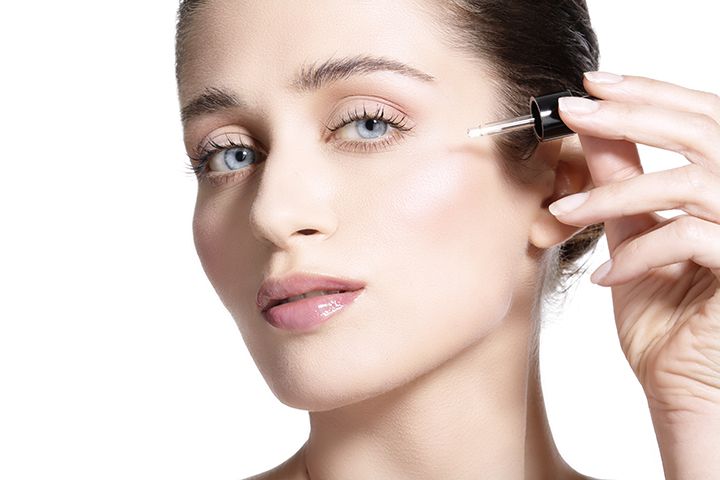If we had to compare a serum to anyone, it would definitely be a superhero! These skincare MVPs work to solve all kinds of woes – from acne and oily skin, to dullness and dryness. However, it can get confusing to pick the right formulation. Here are 5 things you should keep in mind before using a serum.
1. What They Actually Are
Serums are lightweight formulas that contain a high percentage of specific active ingredients. Since they have a smaller molecule size, they penetrate deeply into skin to target particular skin issues. Due to their concentrated nature, they are generally the most potent products out there. Traditionally, they
are water-based in nature, but some newer formulations do contain oil.

2. Which One Will Work For You
No matter what skin issue you have, there’s definitely a serum that can help! Here are the ingredients you should look out for, depending on your concerns:
a) For pigmentation
Vitamin C based formulas work like magic to lighten dark spots. This ingredient also boosts collagen production and thus boosts up your skin’s repairing process.
b) For dry skin
Drier complexions will benefit from hyaluronic acid. Since it holds 1000 times its weight in water, it really moisturises skin.

c) For aging skin
If wrinkles and sagging skin are ruining your day, look for serums that contains retinols or peptides. The former speeds up the cell renewal process and collagen production, whilst the latter increases both elastin and collagen levels.
d) For dullness and uneven texture
Smoothen your skin and brighten it up with the help of AHAs. Lactic acid and glycolic acid buff away dull spots and flakes to give you a more luminous complexion.
e) For zits and oily skin
Whilst retinols are great at keeping acne at bay, you can also look for serums with other ingredients. Salicylic acid based products are great at unclogging pores, whilst those with zinc regulate sebum production and reduce inflammation.
3. When To Incorporate Them Into Your Routine
The general rule of thumb is to layer your skincare products from the thinnest to thickest consistency. Thus, it’s best to apply your serums after cleansing and toning, but before your moisturiser and sunscreen. Whilst you can use serums twice a day, it’s best to start off slow since they are so potent in nature. Formulas with AHAs or retinol, should be used only at night as they can increase your skin’s reactivity to the sun. Remember to use a sunscreen liberally the day after you use such a serum.

4. How To Use Them
Since serums are highly concentrated, you must use them with caution. A pea-sized amount is generally enough to cover your entire face. You can either massage the product in or press the product into your skin. Wait till the product has absorbed completely before moving on to the next step in your routine. If your skin is usually sensitive, it’s best to do a patch test or consult with a dermatologist before applying it all over. You can even extend the product down your neck and chest for additional benefits.

5. The Price
Serums are generally the most expensive out of all the skincare products. This is because they are super concentrated and contain ingredients in their most potent form. Lately however, certain brands have been coming out with serums that are more affordable – but equally effective! To ensure that you are getting the most bang for your buck, read the label behind to see that the active ingredient is one of the first few that is mentioned.

If you need some recommendations, here are some of our favourite serums:
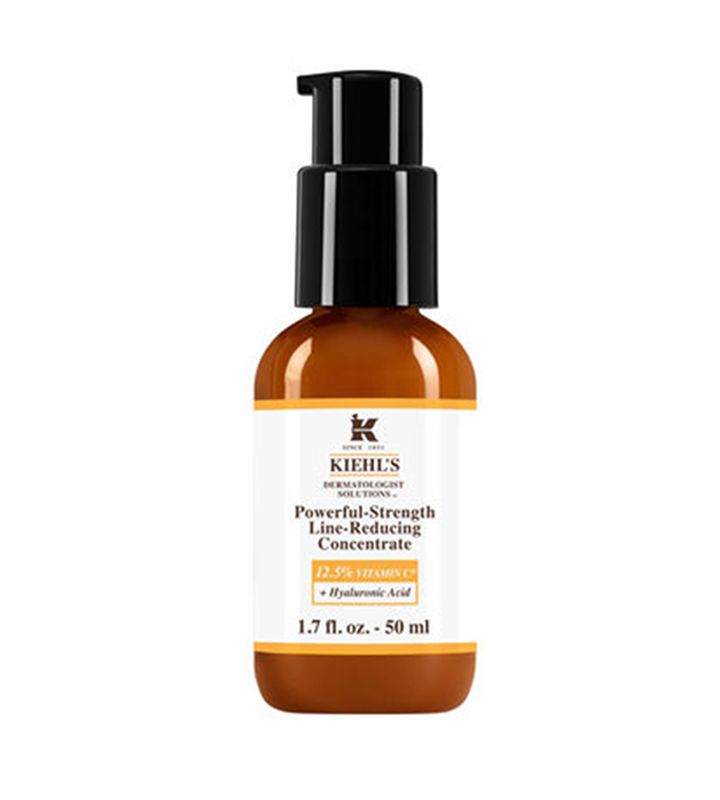
Kiehl’s Powerful-Strength Line-Reducing Concentrate | Source: Kiehl’s
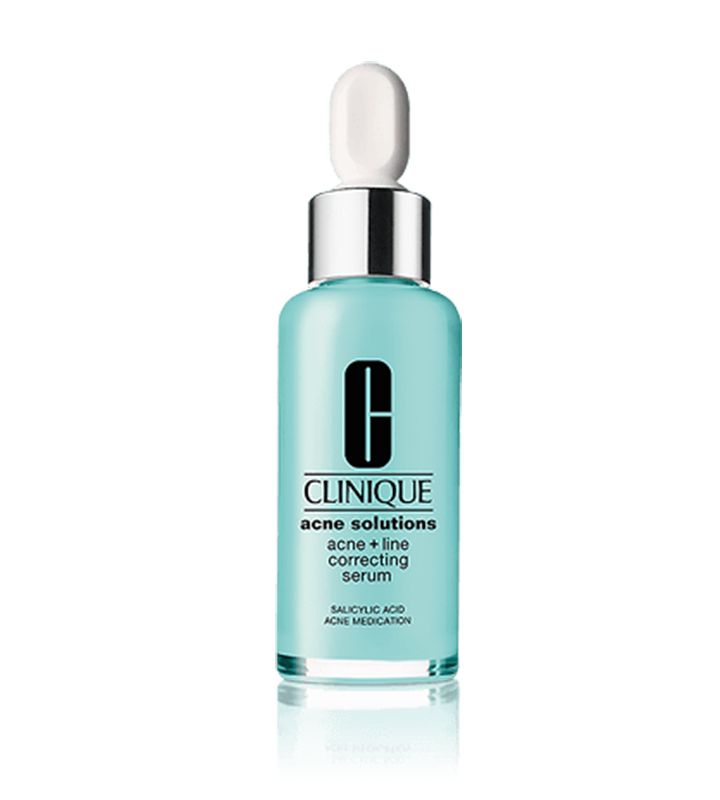
Clinique Acne Solutions Acne + Line Correcting Serum | Source: Clinique
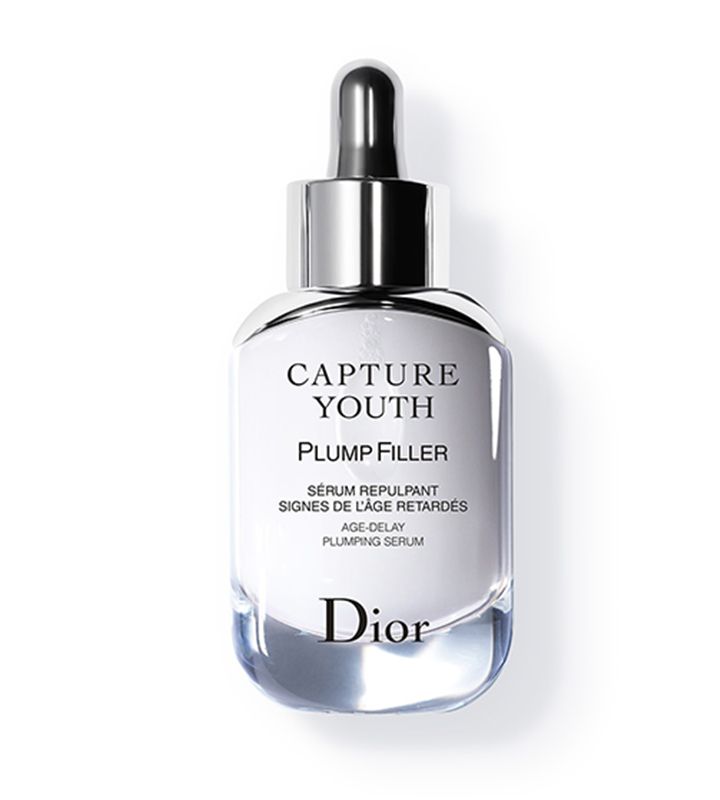
Dior Capture Youth Plump Filler Age-Delay Plumping Serum | Source: Dior
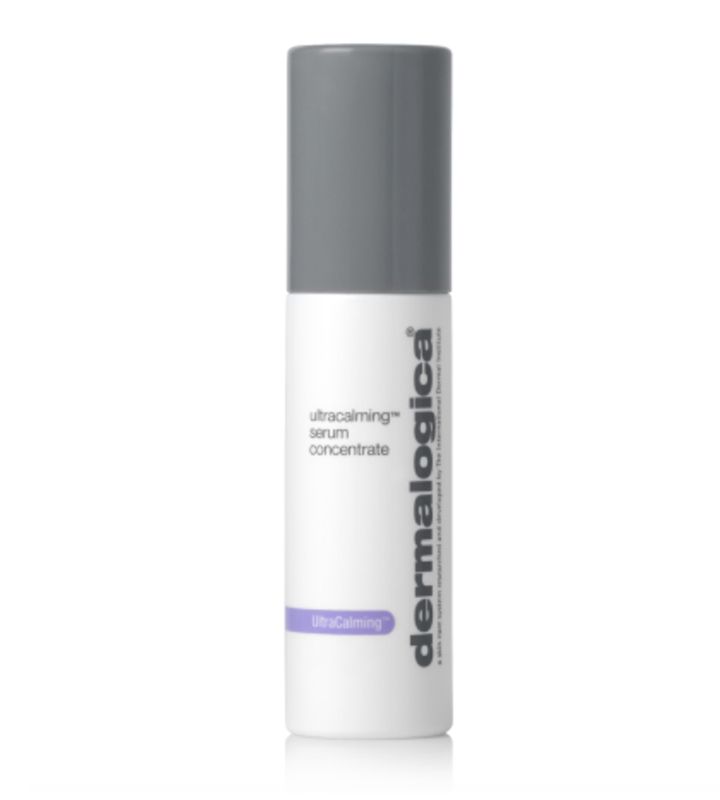
Dermalogica Ultracalming Serum Concentrate | Source: Dermalogica
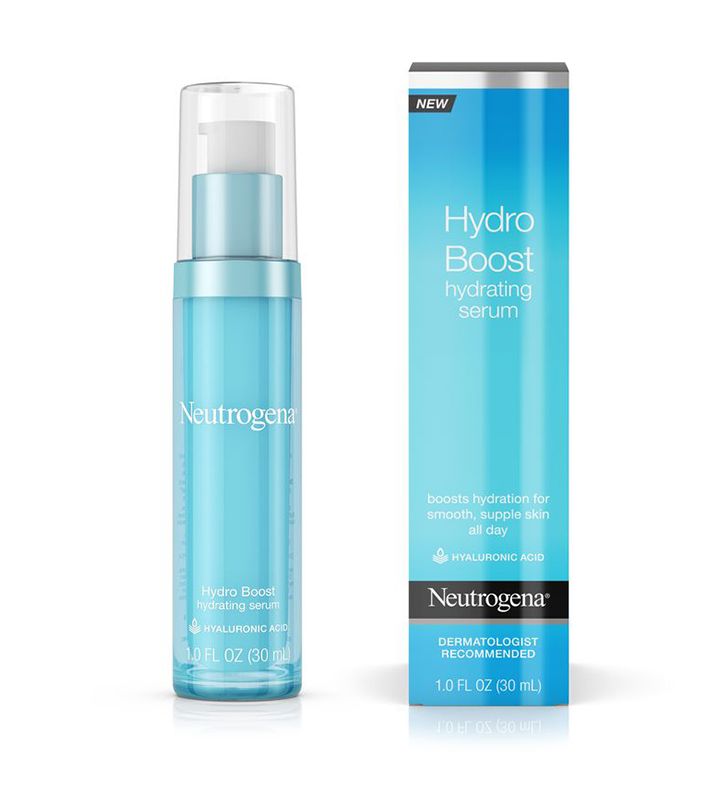
Neutrogena Hydro Boost Hydrating Serum | Source: Neutrogena
Do you use serums currently in your routine? Let us know which one you apply in the comments below.
P.S: Follow @missmalinifashion and @missmalinibeauty on Instagram for more updates.

